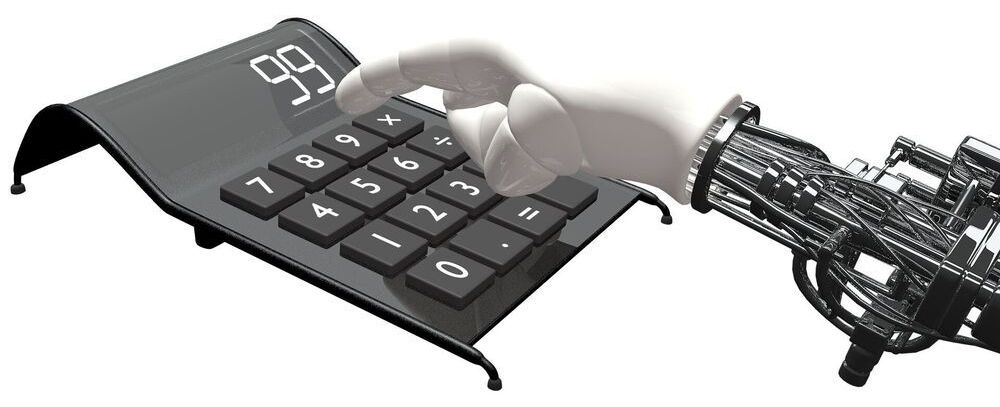Subramanian Sundaram, a biological engineer affiliated with both Boston University and Harvard has been looking into the current state of robot hands and proposed ideas regarding where new research might be heading. He has published a Perspective piece in the journal Science outlining the current state of robotic hand engineering.
By almost any measure, robot hand design has evolved into sophisticated territory—robot hands can not only pick things up and let them go, they can sometimes “feel” things and respond in human-like ways—and in many cases, do it with extreme dexterity. Unfortunately, despite substantial inroads to giving robot hands human-like abilities, they still fall far short. Sundaram notes that one area where they need major improvement is in sensing things the way humans do, namely: feeling pressure, temperature and that hard-to-classify sense, pleasure. You cannot tickle a robot hand, for example, and expect a human-like response. Sundaram explains in great detail what is known about the human hand and how it processes sensations, and suggests that robot analogs might possible. He notes that not everything about a robot hand needs to be done in the same way as the human hand.
